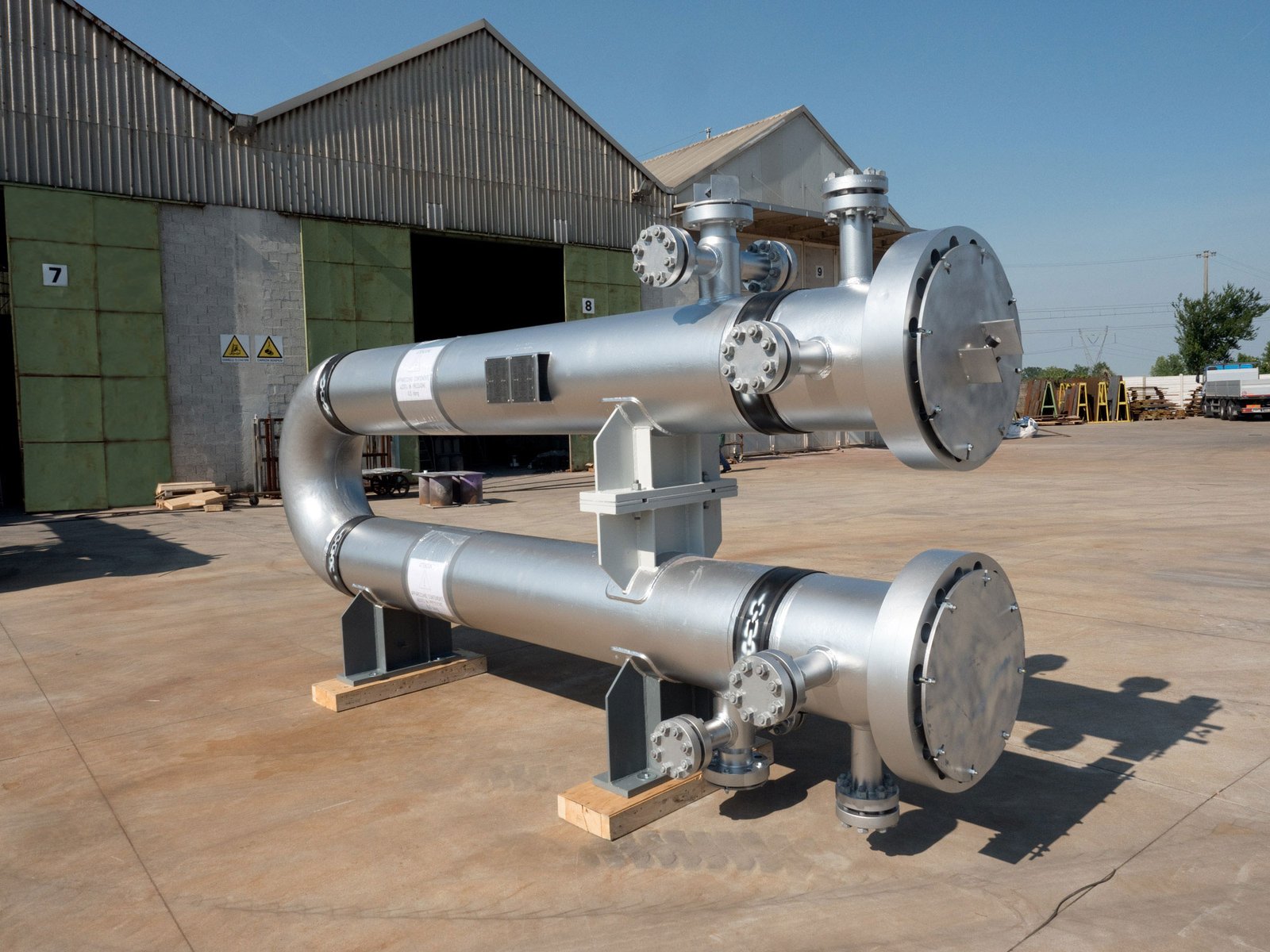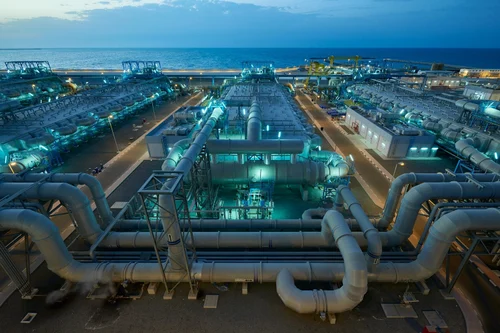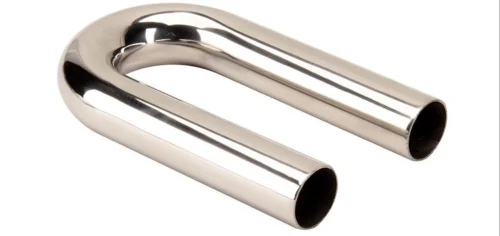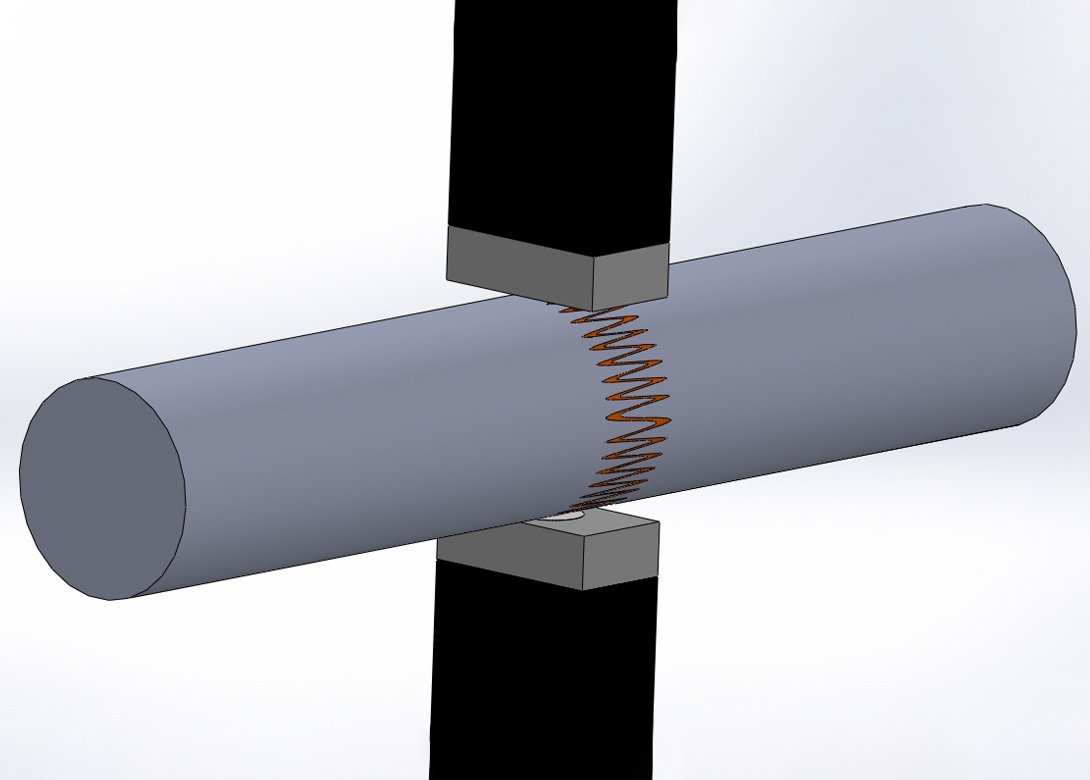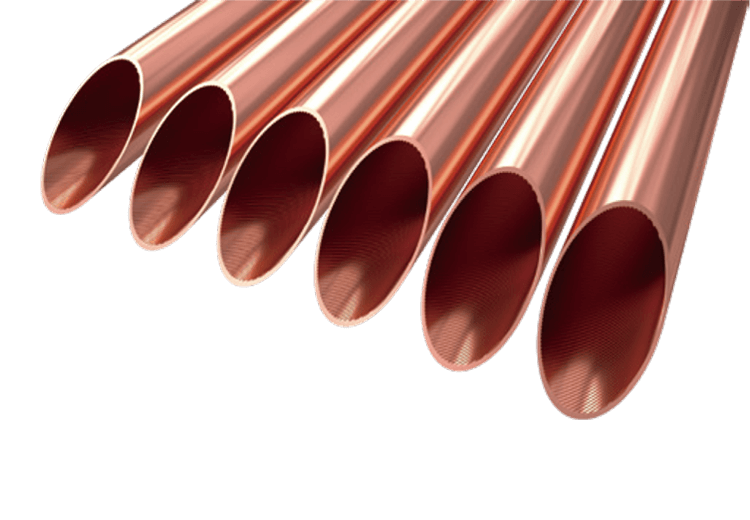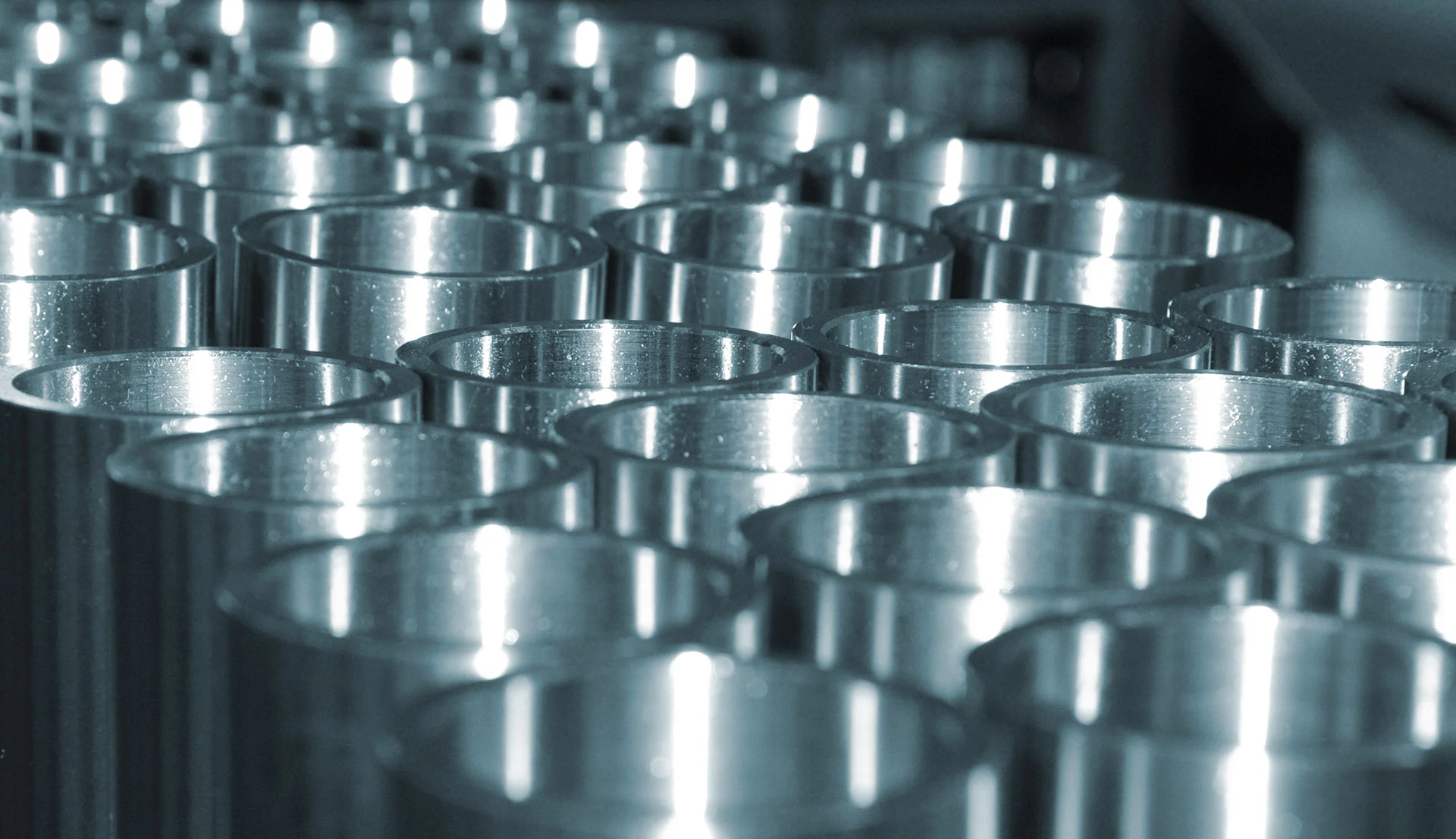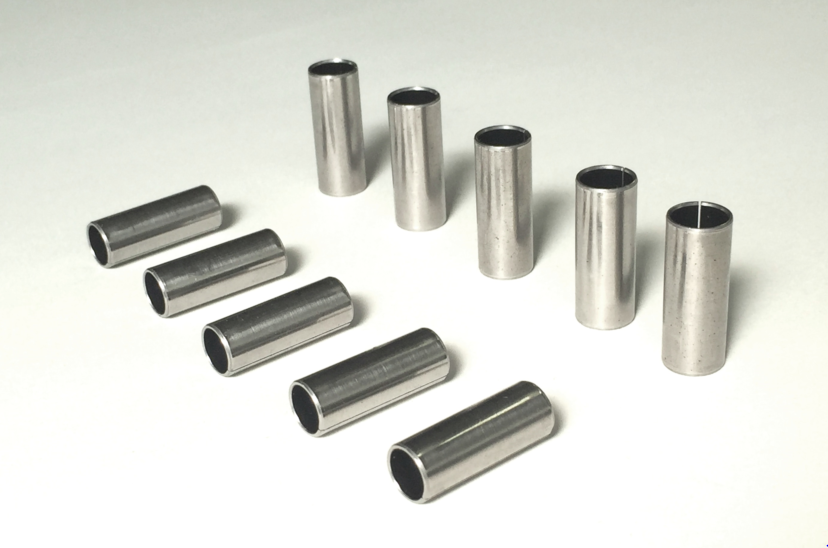1. Introduction
Power plants around the world rely on efficient condenser systems to maximize energy output and minimize downtime. Material choice for condenser tubes directly impacts operating costs and plant reliability. While stainless steel and copper alloys have traditionally been used, titanium pipes (Grade 2, ASTM B338) are increasingly recognized as the most cost-effective solution in the long term. This article evaluates the cost vs performance of titanium pipes compared with conventional alternatives.
2. Why Titanium Pipes Are Used in Condensers
- Corrosion Resistance: Titanium resists pitting, crevice corrosion, and chloride stress cracking in seawater cooling systems.
- Extended Lifespan: Service life of 20–30 years compared to 5–10 years for stainless steel and 10–15 years for copper alloys.
- Low Maintenance: Fewer shutdowns for replacement, reduced cleaning and inspection costs.
- High Strength-to-Weight Ratio: Lightweight yet durable, reducing mechanical stress on systems.
Reference: Titanium Applications – Wikipedia.
3. Cost vs Performance Analysis
| Material | Initial Cost | Service Life | Corrosion Resistance | Maintenance Frequency | Lifecycle Cost |
|---|---|---|---|---|---|
| Titanium GR2 | High | 20–30 years | Excellent (seawater & brine) | Very Low | Lowest |
| Stainless Steel 316L | Low | 5–10 years | Moderate (risk of pitting) | High | High |
| Copper-Nickel 90/10 | Medium | 10–15 years | Good | Medium | Medium |
Key Takeaway: Although titanium pipes have a higher upfront cost, their long service life and minimal maintenance make them the most economical option for power plant condensers in the long run.
4. Case Studies in Power Plant Applications
- Middle East Power Stations: Titanium GR2 tubes installed in seawater-cooled condensers have operated reliably for over 20 years with no major replacement.
- Asian Coastal Power Plants: Switched from Cu-Ni tubes to titanium to solve frequent leakage issues caused by biofouling and chloride corrosion.
- Nuclear Power Plants: Titanium used in condenser systems due to its radiation resistance and long-term stability.
5. Standards for Titanium Condenser Tubes
- ASTM B338: Seamless and welded titanium tubes for condensers and heat exchangers.
- Grades: GR2 and GR12 are the most common for seawater cooling applications.
- Certifications: EN 10204 3.1/3.2, PED, ASME Section III (for nuclear applications).
6. DLSS Titanium Pipe Supply Advantages
At DLSS, we supply Titanium GR2 condenser tubes with:
- Full compliance with ASTM B338 and PED certification.
- Straight lengths, U-bend tubes, and custom dimensions.
- Third-party inspection: TÜV, DNV, LR, ABS.
- Proven supply track record for power plants and desalination projects.
- Export packaging with seaworthy wooden crates, capped ends, anti-corrosion coating.
7. Conclusion & Call to Action
Although titanium pipes require higher initial investment, their superior performance, extended service life, and lifecycle savings make them the most cost-effective choice for power plant condensers. For EPC contractors and power utilities seeking long-term reliability, titanium is the clear winner.
Contact DLSS for titanium condenser tubes tailored to your project.
info@dlsspipe.com | www.dlsspipeline.com


